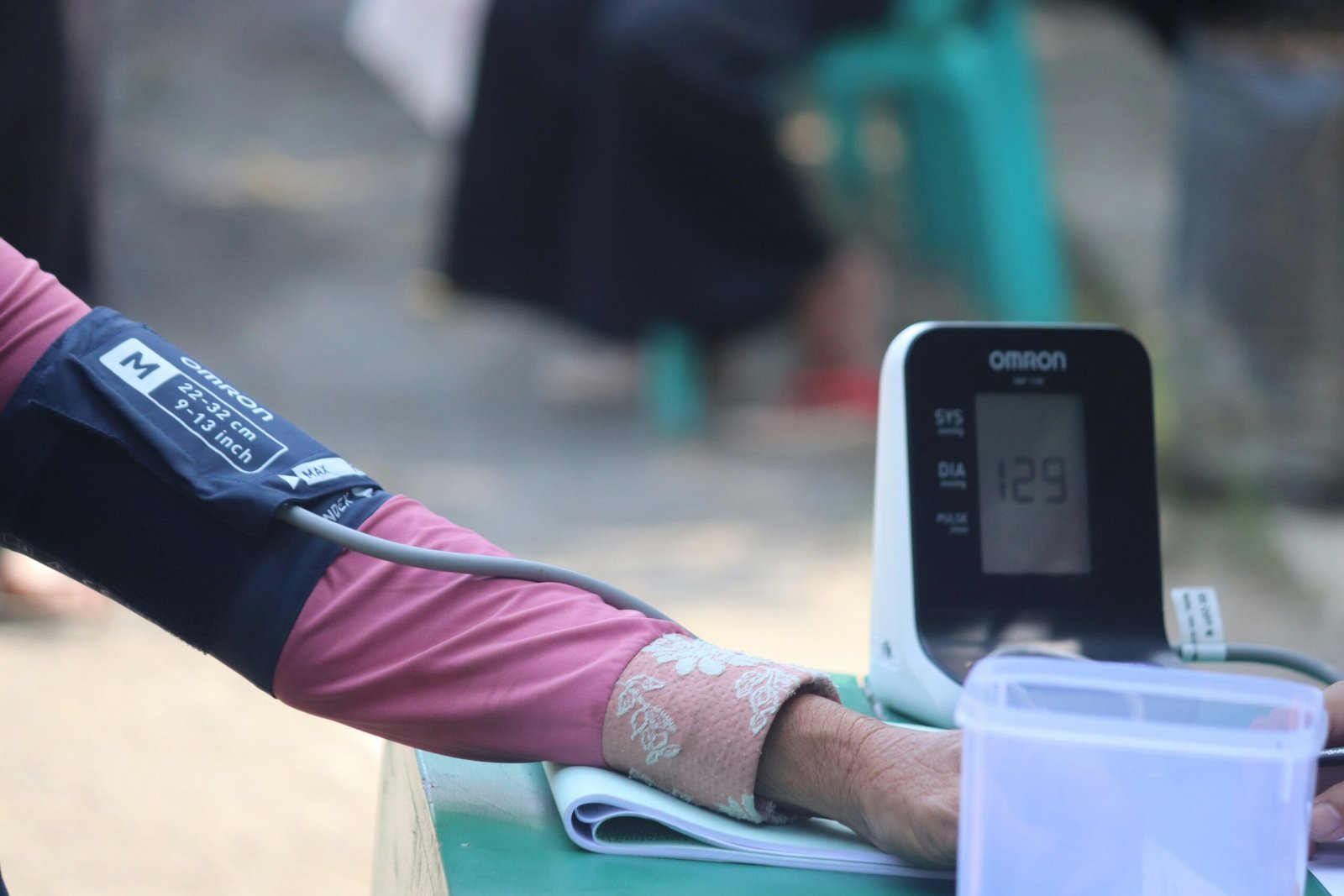The Dangers of High Blood Pressure
High blood pressure, also known as hypertension, is a common health condition that affects millions of people worldwide. It occurs when the force of blood against the walls of the arteries is too high, putting extra strain on the heart and blood vessels. If left untreated, high blood pressure can lead to serious health complications, such as heart disease, stroke, and kidney problems.
Taking Control of Your Blood Pressure
If you have been diagnosed with high blood pressure, it is important to take control of your health and make necessary lifestyle changes to manage your condition. While medication may be necessary in some cases, there are also natural home remedies that can help lower and maintain healthy blood pressure levels.
1. Eat a Healthy Diet
One of the most effective ways to manage high blood pressure is by adopting a healthy diet. Focus on consuming foods that are low in sodium and rich in nutrients, such as fruits, vegetables, whole grains, lean proteins, and healthy fats. Avoid processed foods, sugary drinks, and excessive alcohol consumption, as they can contribute to high blood pressure.
2. Exercise Regularly
Regular physical activity is not only beneficial for overall health but can also help lower blood pressure. Aim for at least 30 minutes of moderate-intensity exercise, such as brisk walking, cycling, or swimming, most days of the week. Engaging in regular exercise can improve blood flow, strengthen the heart, and reduce stress levels.
3. Manage Stress
Stress can have a significant impact on blood pressure levels. Finding healthy ways to manage stress is crucial for maintaining a healthy lifestyle. Consider incorporating relaxation techniques such as deep breathing exercises, meditation, yoga, or engaging in hobbies that bring you joy and help you unwind.
4. Maintain a Healthy Weight
Being overweight or obese can increase the risk of developing high blood pressure. If you are overweight, losing even a small amount of weight can have a positive impact on your blood pressure. Focus on making sustainable lifestyle changes, such as eating a balanced diet and engaging in regular physical activity, to achieve and maintain a healthy weight.
5. Limit Sodium Intake
Excessive sodium consumption is a major contributor to high blood pressure. Be mindful of the amount of salt you add to your meals and try to limit your intake of processed and packaged foods, as they often contain high levels of sodium. Instead, opt for fresh, whole foods and experiment with herbs and spices to add flavor to your dishes.
6. Incorporate Potassium-Rich Foods
Increasing your intake of potassium-rich foods can help lower blood pressure. Foods such as bananas, oranges, spinach, sweet potatoes, and tomatoes are all excellent sources of potassium. Including these foods in your diet can help counteract the effects of sodium on blood pressure.
7. Limit Caffeine and Alcohol
Both caffeine and alcohol can temporarily increase blood pressure. While moderate consumption of caffeine and alcohol may not be harmful, excessive intake can have detrimental effects on blood pressure. It is important to be mindful of your consumption and consider reducing or eliminating these substances if you have high blood pressure.
Consult with a Healthcare Professional
While natural home remedies can be effective in managing high blood pressure, it is important to consult with a healthcare professional for an accurate diagnosis and personalized treatment plan. They can provide guidance on the best approach for your specific situation and monitor your progress over time.
By adopting a healthy lifestyle, making necessary dietary changes, and incorporating natural remedies, you can take control of your blood pressure and reduce the risk of developing serious health complications. Remember, consistency and long-term commitment to a healthy lifestyle are key to maintaining optimal blood pressure levels.




